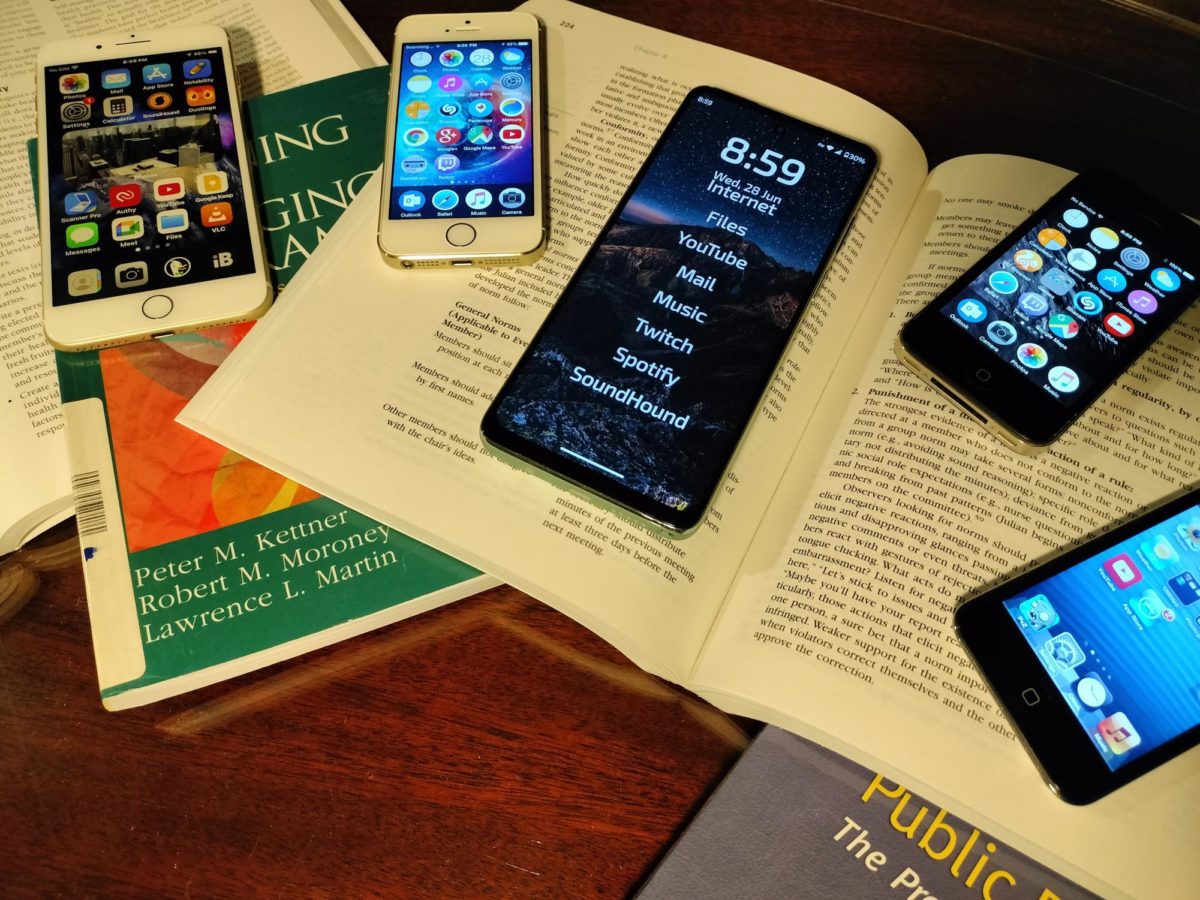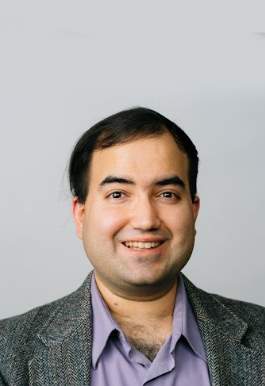Smartphones have become a revolutionary piece of technology that has taken over human society. The choice of mobile operating systems is a duopoly, for the most part. Android and iOS are the two contenders of choice. Like many individuals, the operating system chosen for one’s first smartphone often becomes the default choice for subsequent devices due to the power of habit and routine.
I am no stranger to following routines. My first smartphone was an iPhone during the Steve Jobs era of Apple. The phone was easy to use and configure to my liking. It lacked features that I wanted, but there was a quick fix to it through jailbreaking the phone.
For those not familiar, jailbreaking an iPhone is installing alternative stores to the phone, such as the Cydia Store. Furthermore, jailbreaking an iPhone can also be thought of as similar to installing Homebrew apps onto the Nintendo Wii, Wii U or 3DS game consoles. It is a way for third-party developers to share their creative insights with the world that giant corporations do not usually approve of.
Originally, my favorite part of using the iPhone was waiting for the jailbreak to be released each year so I could dive into the wonderful world of modded apps, experimental features and creations that Apple never approved of.
The disappointment and frustrations that Apple has initiated into the core iOS over the previous decade have infuriated me. For example, the automatic updates, persistent iCloud sign-in requirements and nagging pop-ups on the iPhone make it unbearable to be patient and wait for the almighty third-party jailbreaking tools to be released. In fact, creating working jailbreak tools has actually taken the developers longer to build for the more recent versions of iOS than the earlier versions.
The more I have used iPhones over time, the more apparent it has become that Apple often puts obstacles in my path when trying to accomplish tasks. I usually want to open a particular file type in a particular app on the iPhone, and there was no option to do so, but I found a workaround. I had to AirDrop the file to an iPad and then AirDrop it back to the iPhone, and only then the iPhone actually permitted me to complete the task. I often felt lost in the dark while wondering how other people continue to tolerate Apple’s idiosyncrasies more than I have.
I have had growing concerns about Apple’s domineering anti-trust behavior. Apple has been under investigation for antitrust by the Department of Justice for the last several years. According to CNBC, Apple favors its own products over the use of third-party apps. The investigation is problematic and a concern because it implies that their monopolistic practices may worsen in the near future to a point of no return. According to the BBC, Apple had intentionally slowed down iPhones in their software updates.
As a victim of Apple’s actions, I can confirm that slowing down a smartphone absolutely cripples the experience of being an unusable phone. There are other examples of Apple’s anti-trust behaviors, such as using a specific type of connector, called Lightning, which has been exclusively used in all iPhones since 2012. Lightning cables are problematic because they lack universality with other devices.
Another component of their anti-trust behavior took place after the removal of the headphone jack, which resulted in AirPods. Their AirPods have more easy connectivity than traditional Bluetooth headphones, but the technology that allows fast pairing of AirPods are not allowed to be utilized in competitors’ headphones.
As soon as the option to use competitors’ products becomes hindered, monopolistic practices become of great concern. Apple may be forcing its customers to compromise too much in terms of not having inherent freedoms on their devices.
When I compare the settings app of my first iPhone and my latest iPhone, I can see clear distinctions that hinder my experience in the latter. It is the presence of subscription services or what I like to call “rental services.” Some of the most notable services that riddle the settings app are iCloud+, Tv+, Music, Arcade, Fitness+ and News+. The older iPhone has a cleaner user interface that is not as riddled as the later iPhones.
The inherent problem of using one single company for curated content or services is that it prevents users from engaging with outside experiences and hinders creativity. Thus, monopolistic practices are problematic in the long run. I have never relied on any of Apple’s default apps because there has always been an outside developer who can design a more functional app. Thus, I typically refer to the default apps as ‘bloatware.’
I have been using Android for the last seven months. After switching to Android, I noticed that it was easier to do every task that I can think of. Management of files became easier because I have all the same file privileges that I normally have on a computer. The ability to do split screen for using two apps simultaneously has become a game changer for productivity purposes compared to app switching.
Transferring files to and from a computer became easier because it was just a matter of ‘click and drag.’ Call clarity has improved in regard to the speaker’s voice and loudness. The keyboard on Android, known as Gboard, allows me to type faster, and the haptic feedback of the keyboard is impeccable with zero latency, unlike my experiences on iOS. The back button or back swipe has been beneficial when navigating the operating system, and when I pick up an old iPhone, it feels like something integral is missing.
I spent less time setting up an Android phone than I normally would have with an iPhone, and my overall setup process was easier. I have also never experienced any app crashes as I have periodically experienced on iOS. All my experiences with Android have been a major improvement, and the switch was unbelievably easy without any kind of learning curve. On the contrary, trying to navigate an iPhone after using Android will definitely take some getting used to.
My favorite part of Android is that I have the privilege to install apps from anywhere. In addition to the default store known as Google Play, Android users are able to download apps from the Aurora Store, F-droid Store or directly from the developer’s website. There are plenty of open-source and closed-source options for apps from a combination of these places tailored to every individual on the planet. The flexibility of my Android phone makes it feel perfectly tailored to my preferences.
On one hand, the Android operating system revolves around catering to the creative inclinations and unique tastes of each individual user. On the other hand, Apple serves more as a dictator on iOS and decides what all users get. Simply put, it is the difference between individualistic preferences on Android and conformity on iOS.
The nature of Android is what I have craved for the longest time after the melancholic and abysmal nature that iOS has become. As a creativity-inclined person, the variety within iOS has grown insufficient for me because I enjoy tinkering with computing power, whether it is a phone, computer or gaming console. Apparently, I only enjoyed using an iPhone because the nature of a smartphone was novel for me 12 years ago.
Android has continued to surprise me with all the freedoms that iPhone users typically take for granted. The thousands of ways to change how the smartphone functions with the wide library of modded apps is an unheard-of concept on ‘vanilla’ iOS. In addition to this, numerous manufacturers have allowed their Android phones to be fast charged from 0 to 100% in just 45 minutes. I confirm that fast charging feels incredible!
The mid-tier Android phones seem to have matured so well in the past 12 years that there is absolutely nothing I miss about using any of the latest iPhones.
As a reader of the Independent, I hope you critically think about your shopping patterns for phones or any merchandise before purchasing by making informed decisions instead of relying on past behaviors and impulses. Given Apple’s track record of anti-trust behavior, I will leave you with an appropriate quote from Hungarian-American psychiatrist, Thomas Szasz, “…the naive forgive and forget, [and] the wise forgive but do not forget.”







